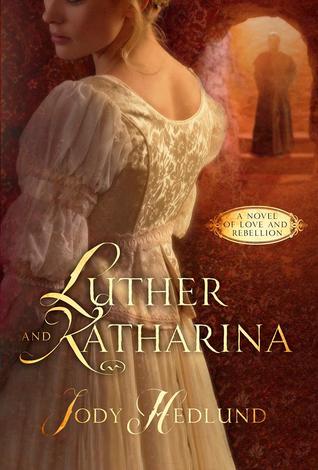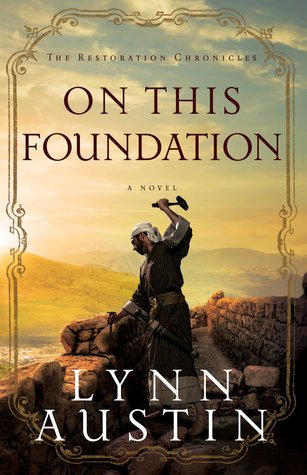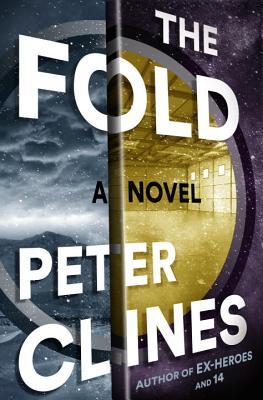
I've always found cats to be mystical and bewitching. So have others, judging by all the legends about black ones riding on the backs of witches' brooms. They are among the most mysterious and other-worldly of domestic pets.
Maybe it's their aloof manner of prancing so lightly on their velvet paws, which never make a sound when they touch the ground. Or their eyes, which light up the night like exotic gems, especially when caught in car headlights. It could be their way of turning warrior when they fight, with howls that could raise the dead. Or the rumbles of their purrs, like a mysterious inner motor no other creature seems to have. Perhaps it's partly the roughness of their tongues, enabling them to complete their fastidious grooming without needing the indignity of a bath. Of course, their acrobatic way of falling on their feet, even from great heights, fuels an intriguing myth that they have nine lives. All of the above makes me wonder if it's true that they simply allow us to refer to them as our pets, while they think they know better. I saw a funny facebook post recently, in which a dog says, 'These people feed me and care for me, they must be gods,' and then a cat says, 'These people feed me and care for me, I must be a god.'
My son and I often go for night walks around our district, and the drawcard for him is a group of cats which spring over to us, greeting us with meows. Two of them are black as the night. It's really not a good thing to have so many cats next door to the Wetlands, our bird-watchers' haven, but that's one of life's ironies. Even though I don't really approve either, I still stop to pat them, seduced by their mystique as usual.
Here are my top picks for cat lovers. (I'm not including majestic, large cats like Aslan, Richard Parker and Shere Khan, who probably deserve a post of their own, which I've now done,
here.) Together, this lot embodies many of the features which intrigue us about cats. Here they are, counting down from ten to one.
12) The Cat from 'A Man called Ove'
I consider this cat as much of a hero as any of the humans in the story. He's a battler, a true survivor, a sweet-natured companion who has been through the feline version of hell on earth. His presence works on the devastated and crusty Ove, helping to give him a reason to live. My review is
here.
11) Garfield.
He's so fat, lazy and sarcastic. And he knows he's smart enough to manipulate not just Odie,
the exuberant and simple-minded dog, but also Jon, their owner.
10) Cat in the Hat.
He does exactly as he pleases, sauntering in when he knows the children's mother is out, to wreak havoc in their house. And he does it all with such an insouciant, 'She'll be right' attitude, knowing he has everything under control, despite the neurotic goldfish's opinion. Nobody can accuse this cat of needing chill pills.
9) The Cheshire Cat.
He has plenty of sauciness and wisdom to match that wide, crescent shaped grin spread across his face. He fits well in Wonderland with the other characters Alice comes across. I remember driving through the town of Cheshire with my parents when I was younger, and it's filled with grinning, stone cats.
8) Dick Whittington's cat.
This one belongs in a old English legend which is based on truth. The desperate servant boy bought her for a penny, to stop rats and mice scurrying over his face at night. She proves her worth for the boy, and later a ship's crew and African king's court. She's always equal to the challenge of stopping rat plagues single-handedly (or single-pawedly), not to mention the theme that giving up his most treasured possession resulted in untold glory for young Richard.
7) Puss in Boots.
The naive and simple young hero, the Marquis of Carabbas, would never have gone far on his own wits, but luckily for him, his loving cat takes it upon himself to look after his young master's future. Puss' plans involve all sorts of far-sightedness and trickery. The young man agrees to simply trust him and go along with it all, no matter how weird and counter-productive it sounds. And Puss brings him through every time.
6) Khat
This wily character is from
Midnite by Randolph Stow. Following the tradition of cats taking it upon themselves to look after their orphaned and bankrupt young masters, I guess this is our Australian colonial offering. Khat is the brains of the outfit, setting himself up as the young bushranger's tough Siamese confederate. He's a ruthless crook, but as he's articulate and astute, Khat pulls them through on a number of occasions
5) Trim
Another Aussie cat, he really existed. Born on board a ship in the late 1700s, Trim became the beloved pet and companion of our great circumnavigator Matthew Flinders. His master's fond words about his playful and fearless nature made Trim perhaps the most famous ship's cat ever. He sounded like a beloved crew member of everyone on board the Investigator, as he used to tiptoe around the circle at table, begging for the first bite of mutton from each sailors' fork.
4) Hamish.
He belongs in 'The Lighthouse Keeper's Lunch.' As the seagulls keep stealing from the delicious basket which the lighthouse keeper's wife sends on the line across the water, they decide Hamish can guard the food. Needless to say, he's not impressed by the hair-raising ride and they can't force him to repeat it, however much they want to.
3) Mrs Norris.
She's from the Harry Potter series. Mrs Norris is owned by Argus Filch, the grouchy caretaker. The Hogwarts students dread the sight of her, because they know she's a trouble-maker and a spy. Whenever she sneaks up behind them, it's a sign that her owner is never far behind.
2) Crookshanks.
Another Harry Potter cat, he belongs to Hermione. Crookshanks is one of the few creatures who senses something untrustworthy about Ron's rat, Scabbers. A cowardly criminal is on the loose, but his escape is no fault of Crookshanks, who does his best to pounce on him at every opportunity. And Sirius Black calls him one of the smartest of his kind he's ever come across.
1) The Cat from Coraline.
He's too arrogant to bother with a name, because names are for commoners. ('But what if someone wants to call you inside for dinner?'...'Then they can simply call "Dinner!"') As the rats are clearly evil minions of the villainess, he's being a good guy when he takes every opportunity to thin them out by ripping their heads off. He's able to move freely between the two realms of the old house, no matter how hard the evil mother tries to stop him, so whenever he's near Coraline, she knows she's not quite as friendless as she feels.
 There's my round-up. Looking down the list, it's interesting to note that some of them come from really old tales,
which make them heroes simply for killing the rats which carry the
plague, or as we now know, kill the rats which carried the fleas which
carried the plague. If you can think of any extra cool literary cats to add to my collection, please tell us in the comments.
There's my round-up. Looking down the list, it's interesting to note that some of them come from really old tales,
which make them heroes simply for killing the rats which carry the
plague, or as we now know, kill the rats which carried the fleas which
carried the plague. If you can think of any extra cool literary cats to add to my collection, please tell us in the comments.

























